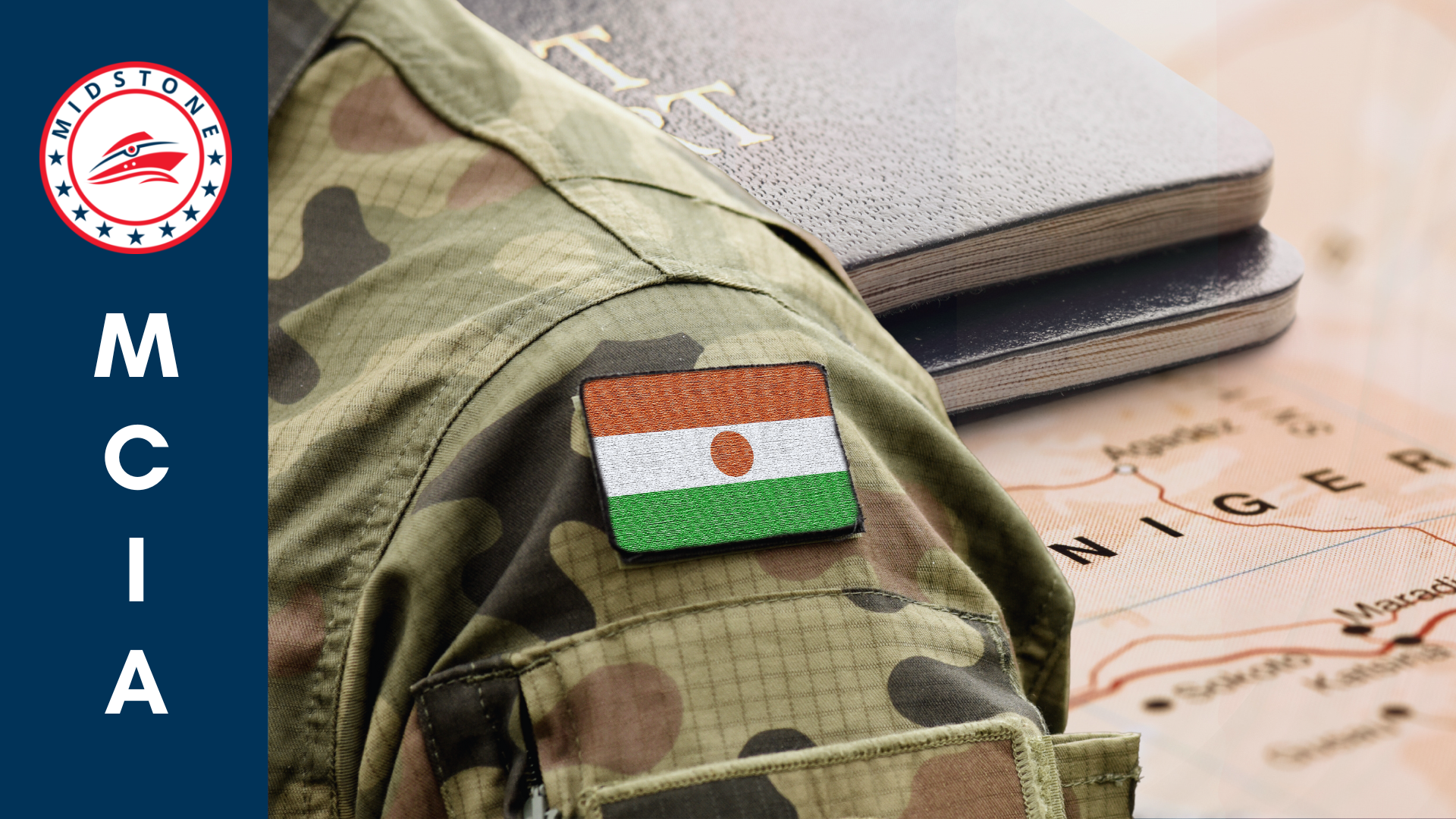
The events in Niamey that occurred on July 26th caught some analysts by surprise but if one looks at the situation in the Sahel as a whole one should not have been.
On that date, Nigerien President Mohamed Bazoum was seized by members of the Presidential Guard led by General Omar Tchiani. By nature, most Presidential Guard units that are used around the world are composed of elite troops with specialized training and equipment. They have one task essentially to protect the leadership. However, this putsch raises some interesting questions.
One thing that can determine the success or failure of a coup is the timeline. More often than not the timeline of events can determine whether or not a takeover is successful. Another factor that should be taken into consideration is legitimacy. Do the people on the street feel that a change in leadership is justified in this instance? One instance where this scenario did not pan out successfully took place in 1991 in the former Soviet Union when an attempt was made to remove then-Soviet President Mikhail Gorbachev from power.
The next question that desires to be asked is was this event had any prior planning. Or was it a situation done in the heat of the moment? How events have played out one would assume that the event was hastily organized and carried out. Another possibility could be that General Tchiani did not expect his effort to be successful. That could also explain the length of time it took between the arrest of the President on July 26, the endorsement of the Army on the following day and the arrest of some Cabinet Ministers on July 30.
A more interesting question that will be asked is how did Niger find itself in this situation? There are two answers to that question. One is internal the other answer is external and these answers do intersect each other.
The internal answer should not come across as a surprise to many. As in other African countries, most politics are tribal in nature. One of the factors that appears to have led up to this event is the background of President Bazoum. The President is a member of a minority Arab tribe which according to some reporting led to accusations of him being a foreigner and rankled some members of the Military Establishment where some appointments are made along these ethnic lines.
The external answer appears to be Military related. In 2022 France ended its controversial Operation Barkhane in neighbouring Mali. This was a French-led counterterrorism effort that failed to defeat an insurgency in Northern Mali over a decade. The results have seen the insurgency not only continuing to affect Mali to this day but has also spread to Burkina Faso and also is spreading southward towards the Gulf of Guinea as well.
Another concern is also the presence of American Forces as well. Although a small number are currently present (est. 1100 troops) There is a US Base where UAVs are based in the Agadez region. Currently, the facility has been locked down and US Troops have been confined to the base. The Biden Administration has not decided whether or not to declare this event as a coup one of the reasons being that the decision could lead to a withdrawal of US Forces in the region. It is also suggested that the presence of foreign troops could be another factor which inspired the coup.
Who is the most affected by this putsch? Most analysis concurs that the Militants in the region are a significant beneficiary of this event. However, the entity that suffers the most from this is ECOWAS (Economic Community of West African States). Some analysis suggests that the failure of the regional body to address the coups in Guinea, Mali, and Burkina Faso may have encouraged the Military to take action.
The regional body has given the Military until August 6th to release President Bazoum and restore him to power. This has not set well within the region as well. Already the juntas in Mali and Burkina Faso have indicated that any effort to unseat the junta in Niger could be seen as an act of war. This potential division of ECOWAS could be devastating to the region if conflict does break out. Especially when it appears to be dividing into Francophone and Anglophone blocs.
The deadline is approaching. A meeting of the Defense Chiefs of ECOWAS held in Abuja on August 2nd was boycotted by the Defense Chiefs of Niger, Mali, Burkina Faso, Guinea and Guinea-Bissau. The boycott is not a good sign. There are to be some divisions within a bloc like ECOWAS that should be expected. That being said it appears that we should expect to see more chaos after August 6th in the region.
